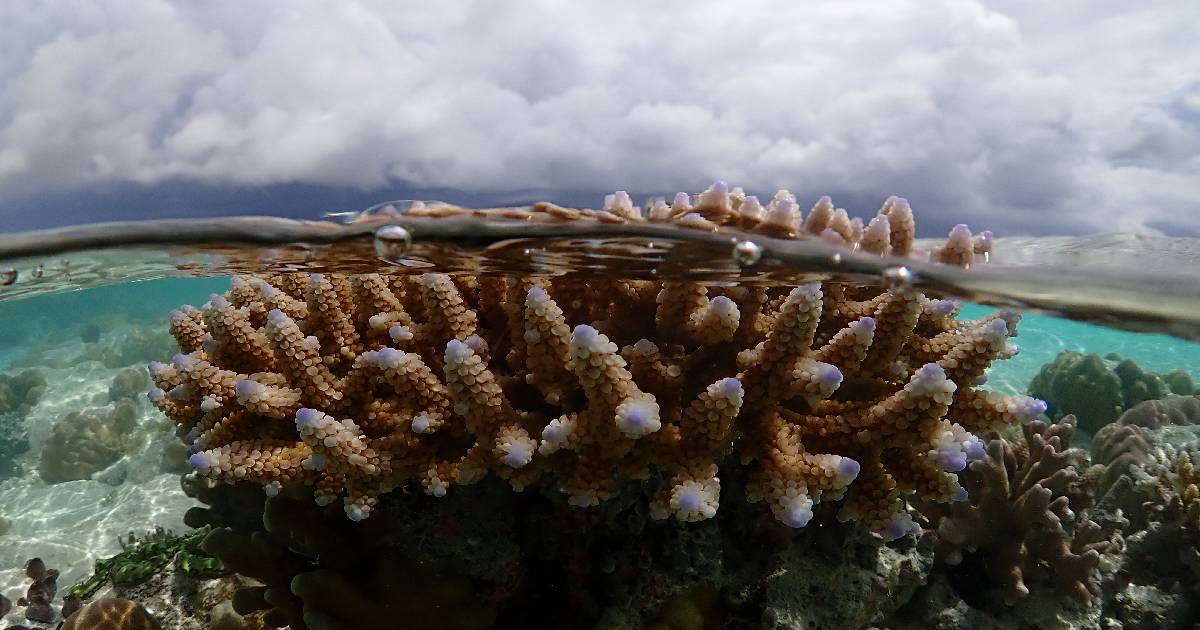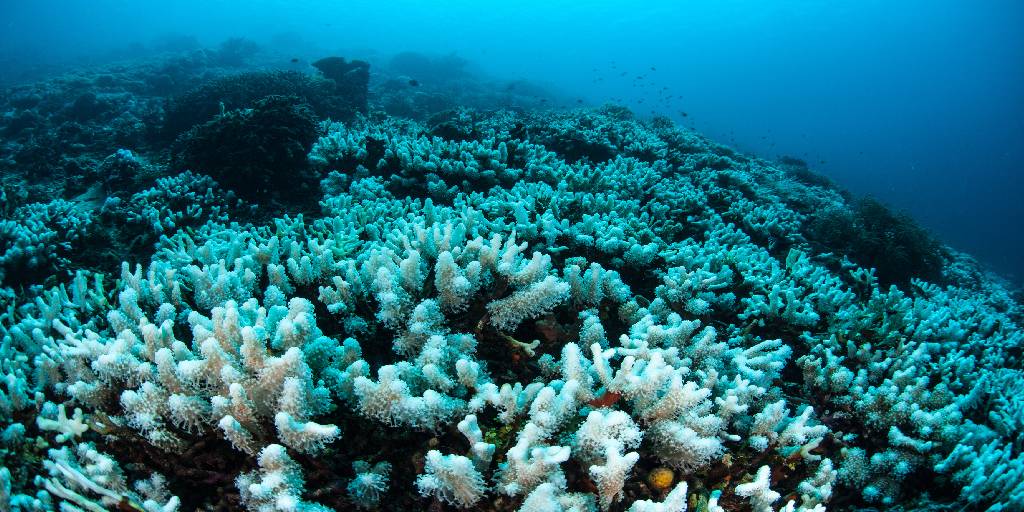How we’re working to preserve and protect our coral reefs
13 October 2022 | By: Newcastle University | 2 min read
Marine heat waves have decimated corals in recent years, and the future looks bleak for tropical reefs if the pace of climate change continues at current rates.
Coral reefs could hold the key to their own survival with their ability to adapt to environmental conditions. Understanding ‘coral adaptation’ at difference scales is critical to predict their capacity to survive global change.
A new study has investigated how much heat stress corals can cope with and how much this varies from one coral to another. Understanding corals' resilience - and its variation within one reef - is critical as it provides insights into how we can help corals adapt, as our planet continues to warm.
What we did
The team from the Coralassist Lab at Newcastle University and the Palau International Coral Reef Center exposed corals - taken from a single reef - to an experimental marine heatwave. Remarkably, they found that double the heat stress dosage was required to induce bleaching and mortality in the most-tolerant 10%, compared to the least-tolerant 10%.
They then used future projections of sea surface temperature data from global climate models to contextualise how this variability of coral heat tolerance could influence future mass bleaching under climate change and specifically ocean warming.
Surprisingly, this variation did not appear to be related to the type of symbiotic algae the corals were associated with, suggesting the coral itself was more heat tolerant.
What is coral bleaching?
Coral bleaching describes coral losing its bright, vibrant colours, and turning white due to the breakdown of the symbiotic relationship between the coral host and microscopic algae living inside its tissue.
This dissociation results in the loss of colour as the coral tissue becomes translucent, revealing the white coral skeleton underneath. Coral bleaching can occur due to changes in the environment, like temperature, light or nutrients, and if bleached coral doesn't uptake new microalgae they will likely die.

Surviving marine heatwaves
Study Co-Author, Dr James Guest, Reader in Coral Reef Ecology, from Newcastle University’s School of Natural and Environmental Sciences, said: “It is well known that corals vary in their tolerance to heat stress among species and in different locations, but marine scientists have rarely examined how much variation there is among corals living side by side on the same reef.“Despite these corals experiencing the same conditions, we found a remarkable variation in heat tolerance among individuals, suggesting capacity for adaptation if some of the toughest corals are able to survive marine heatwaves.”
Study Lead Authors, Dr Adriana Humanes Schumann and Liam Lachs from the same research group, said: “Individual variations in heat tolerance are critical if corals are to adapt to higher temperatures. We show that under an ambitious future emissions scenario, the differences we have found equate to up to 17 years of delay until the onset of annual bleaching and mortality conditions. However, this delay is limited to only 10 years under a high emissions scenario.
“For coral reefs to persist through the coming century, coral adaptation must keep pace with ocean warming. However, at the same time, the global emissions reductions of greenhouse gasses countries have already committed to need to be realised to give corals a fighting chance.”
Protecting coral reefs
Published in the journal Proceedings of The Royal Society B: Biological Sciences, the study, alongside future climate projections, has the potential to feed into policy-relevant metrics that can directly inform coral reef conservation and restoration actions.
Meet the researchers
Dr James Guest is a Reader in Coral Reef Ecology at the School of Natural and Environmental Sciences, Newcastle University. His interests are diverse within coral reef science and include diseases, reproductive and larval ecology, recruitment dynamics, long term community change, bleaching and restoration ecology.
Dr Adriana Humanes Schumann is Research Associate at the School of Natural and Environmental Sciences. She is working in the Coralassist Lab, looking at assisted gene flow as a potential tool to be used in restoration programmes.
Liam Lachs is a Ph.D. candidate, studying the thermal biology of corals across different scales using both experimental and computer modelling methods. He is working toward understanding how we can better predict coral bleaching and at what rate corals may adapt to climate change.
